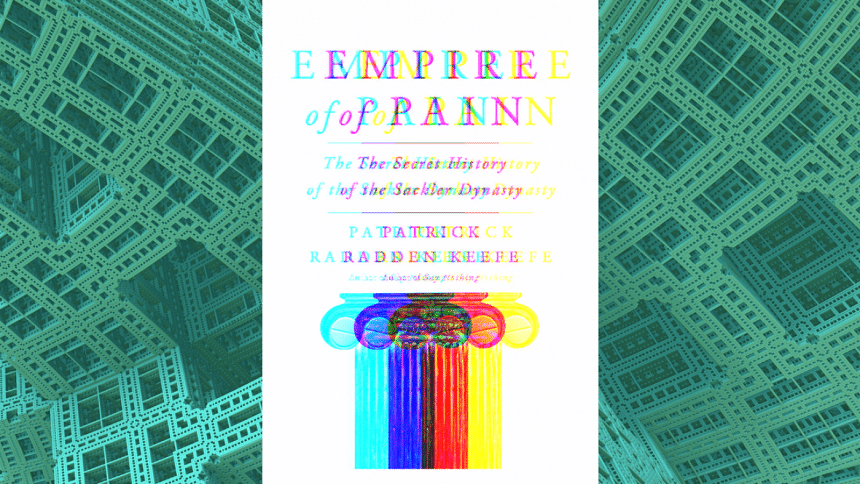Marketing pills or monetizing pain? One family’s greed destroys thousands

In the last few years, we have heard the name Trump way more than any of us ever wanted to hear. Even before his infamous presidency of the USA, the megalomaniac put his name in large letters in skyscrapers and hotels that he owned. But by no means was he the only New Yorker fixated on the immortality of their name, even if it meant they were immoral.
The Sackler family, another of New York's uber-rich, did it better than Trump. There were Sackler wings in museums like The Metropolitan Museum of Art and The Louvre. The family name glared down at exhibition-goers in The Guggenheim and The Smithsonian in the US, and The Tate and The National Gallery in the UK, among many others. Dozens of prominent universities including Tufts, Columbia, Harvard, and Yale adorned the Sackler name in their institutes, programmes and buildings.
People were too dazzled by the philanthropy of the Sacklers to question the origin of their wealth. A dark secret lurked behind the family's immense fortune which would spill out, eventually tarnishing the family name for good—stripped from the institutions where they had contributed generously for decades.
Patrick Radden Keefe, staff writer at The New Yorker, wrote a brilliant exposé on the Sackler family in October, 2017. It brought widespread media and public attention to the family's ownership of Purdue Pharma, whose aggressive marketing of opioid painkillers was one of the major factors behind the opioid epidemic in America, leading to addiction in millions and death in more than 70,000 in 2021 alone. Radden Keefe extended his essay to a thorough and detailed account of the Sackler family—from their origins to the heart of the opioid epidemic to a book in 2021, Empire of Pain: The Secret History of The Sackler Dynasty (Doubleday).
Keefe has a penchant for storytelling. He unfolds the saga with crisp details of the intricacies of the family. It is a tale of three brothers: Arthur, the elder brother, was a larger than life figure. He was a charismatic entrepreneur who supported himself and his two younger brothers through medical school. Though Mortimer and Raymond's part of the family were stakeholders of Purdue pharma and have ripped off billions at the cost of human lives and sufferings, the book wisely focuses the initial one-third of the book on Arthur.
Purdue Pharma was able to aggressively promote Oxycontin because of the advertising milieu that was the brainchild of Arthur Sackler. Empire of Pain narrates vividly the machinery Arthur Sackler engineered to ensure the exploitation of the healthcare system. He was at the helm of the leading medical advertising agency, William Douglas McAdams, and also secretly owned his principal competition in the advertising business. He clandestinely funded research works that would garner favourable results for his products, and poured millions to medical journals and FDA officials to keep them in his pockets.
Arthur Sackler used his training as a physician to become an evangelical adman—the Don Draper who pushed pills. He made his sales representatives go door to door in doctors' chambers and clinics; his extravagant advertising zeal upturned the industry norms, and doctors for the first time were using the brand names of medicines instead of their generic ones—practices that are now ubiquitous and taken for granted.
Empire of Pain is a wondrous achievement of investigative journalism. It resists the temptation of allowing the sufferings of addiction overwhelm its pages, nor does it seek the cheap thrill of suspense or violence to keep its narrative moving. In a culture so fixated with true-crime podcasts, it does not fail to grab the reader's attention. But the wisdom, breadth, and eloquence of its storytelling about a family sunk knee deep in wrongdoing and their desperate efforts to avoid any culpability can only draw comparison from the greats of all time—like The Sopranos.
Mursalin Mosaddeque is a writer who grew up in the suburban town of Rangpur in Northern Bengal.

 For all latest news, follow The Daily Star's Google News channel.
For all latest news, follow The Daily Star's Google News channel. 





Comments